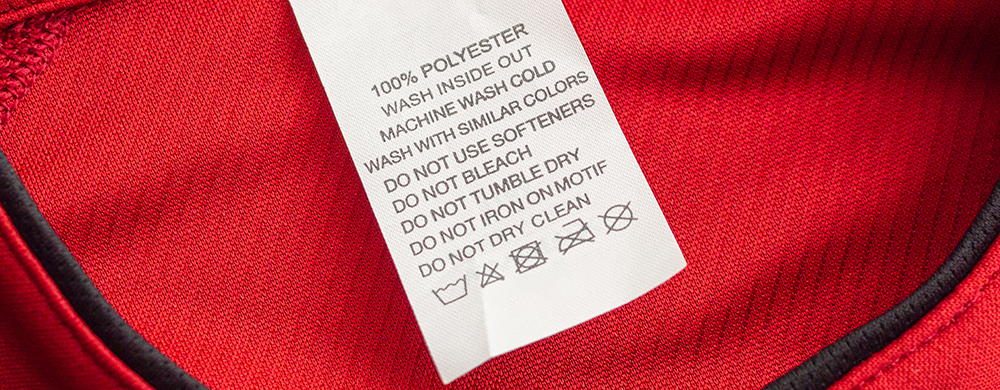Pros and Cons of Polyester Fabrics1 July 2024 | Admin
Polyester is a popular synthetic fabric used in various applications, from clothing to home furnishings. In this blog post, we'll explore the pros and cons of polyester fabrics to help you understand why this material is so widely used and what its potential drawbacks are. Pros of Polyester Fabrics1. DurabilityResistant to Stretch and Shrinkage: Polyester maintains its shape well and resists stretching or shrinking, which enhances the longevity of the garments. Tear-Resistant: It is highly durable and can withstand a lot of wear and tear, making it ideal for activewear and outdoor gear. 2. Easy CareWrinkle-Resistant: Polyester fabrics are naturally resistant to wrinkles, reducing the need for ironing. Quick-Drying: The fabric dries quickly, which is beneficial for outdoor activities and sportswear. Stain-Resistant: Many polyester fabrics are treated to resist stains, making them easier to clean. 3. Cost-EffectiveAffordable: Polyester is generally cheaper to produce than natural fibres, making it a cost-effective option for manufacturers and consumers. 4. VersatileBlending Capabilities: Polyester blends well with other fibres, enhancing their characteristics. Common blends include polyester-cotton and polyester-wool. Wide Range of Uses: Polyester is used in clothing, home textiles, industrial applications, and more. 5. Moisture-WickingBreathability: Polyester fabrics can be engineered to wick moisture away from the skin, which is beneficial for activewear. Cons of Polyester Fabrics1. ComfortLess Breathable: Pure polyester can trap heat and moisture, making it less comfortable in hot and humid conditions compared to natural fibres like cotton. Static and Cling: Polyester tends to generate static electricity, which can cause the fabric to cling to the body. 2. Environmental ImpactNon-Biodegradable: Polyester is a synthetic material that doesn't break down easily, contributing to long-term waste in landfills. Microplastics: Washing polyester garments can release microplastics into the water system, posing environmental hazards. 3. Heat SensitivityMelting Point: Polyester has a low melting point compared to natural fibres, making it susceptible to damage from high heat sources like irons and dryers. 4. Odour RetentionSmell: Polyester can retain odours more than natural fibres, which can be a disadvantage for activewear and items worn close to the body. 5. Chemical ProcessingProduction: The manufacturing process involves the use of petrochemicals and can be resource-intensive, contributing to pollution and energy consumption. 6. Aesthetic and FeelFeel: Some people find polyester fabrics less comfortable against the skin, describing them as less soft and breathable than natural fibres. Appearance: Polyester can sometimes look less natural or luxurious compared to fabrics like wool or silk. Polyester fabrics offer numerous benefits such as durability, easy care, and cost-effectiveness, making them suitable for various applications. However, they also have drawbacks, including environmental impact, comfort issues, and potential for odour retention. When choosing polyester, weighing these pros and cons is important based on the intended use and personal preferences. |
|



